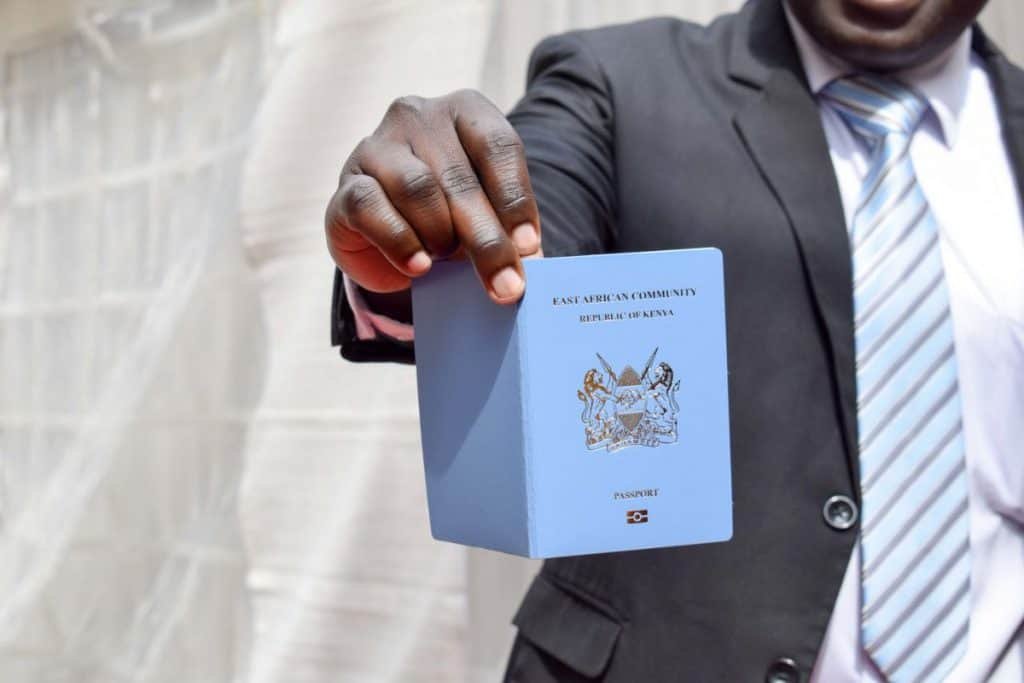Performance of any currency, including the Kenyan shilling (KES), against international currencies is influenced by a variety of economic, political, and external factors.
Even then, the relative strength or weakness of a currency is a complex issue. Here are some factors that could easily contribute to the Kenyan shilling’s performance against international currencies:
- Economic Factors:
- Inflation: High inflation rates can erode the value of a currency, making it weaker in international markets.
- Economic Growth: Slower economic growth can lead to a weaker currency, as it may discourage foreign investment and demand for the currency.
- Monetary Policy: The policies and actions of the Central Bank of Kenya (CBK) can influence the exchange rate. Central banks can use tools like interest rate adjustments to manage the value of their currency.
- Political Stability: Political stability is crucial for investor confidence. Political instability or uncertainty can lead to capital flight, which can weaken the currency. Demostrations and even threats dominated in the earlier part of the year.
- Trade Balance: A country’s trade balance, specifically whether it has a trade surplus or deficit, can affect its currency. A trade deficit (importing more than exporting) can put downward pressure on the currency.
- Foreign Investment: The inflow or outflow of foreign investment can affect the exchange rate. Foreign investors may sell the local currency to convert their profits or investments, affecting its value.
- Global Economic Factors: International economic conditions, such as changes in global interest rates, commodity prices (particularly if Kenya is a commodity exporter), and global economic crises can impact the Kenyan shilling.
- Market Speculation: Currency markets are influenced by speculative trading, which can lead to short-term fluctuations and impacts on the exchange rate.
- Geopolitical Factors: Geopolitical events, such as the ongoing Russia/Ukrain war, Israel/Palestine conflicts or changes in trade agreements, can create uncertainty in currency markets and affect exchange rates.
- Foreign Exchange Reserves: The level of foreign exchange reserves held by the Central Bank of Kenya can influence its ability to intervene in currency markets to stabilize or support the shilling.
- Pandemic and Global Crises: Events like the COVID-19 pandemic have had a significant impact on global currencies, including the Kenyan shilling. The pandemic disrupted global trade, investment, and economic growth.
It’s important to note that exchange rates can be highly volatile and can fluctuate daily based on market sentiment and news events.
Governments and central banks often intervene in currency markets to stabilize their currencies when necessary.








